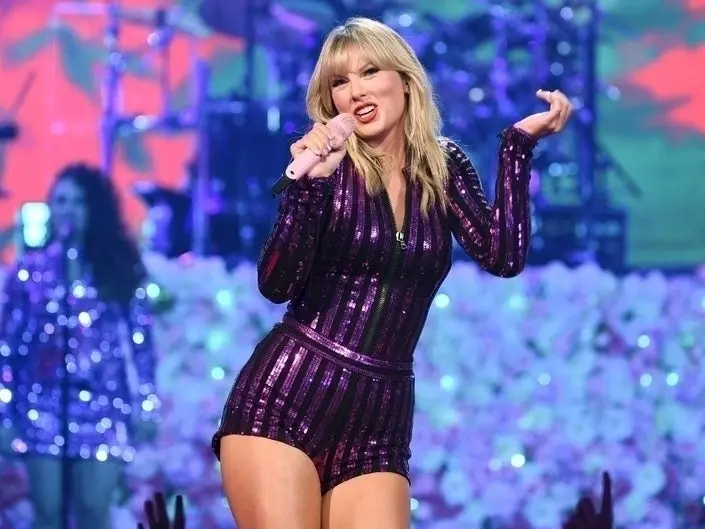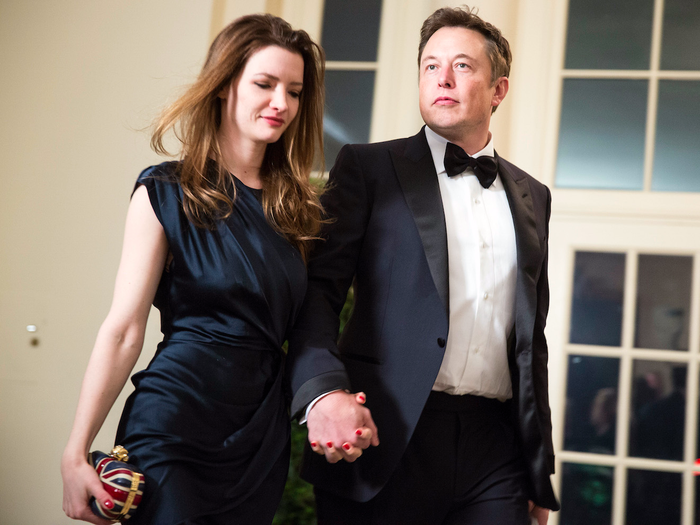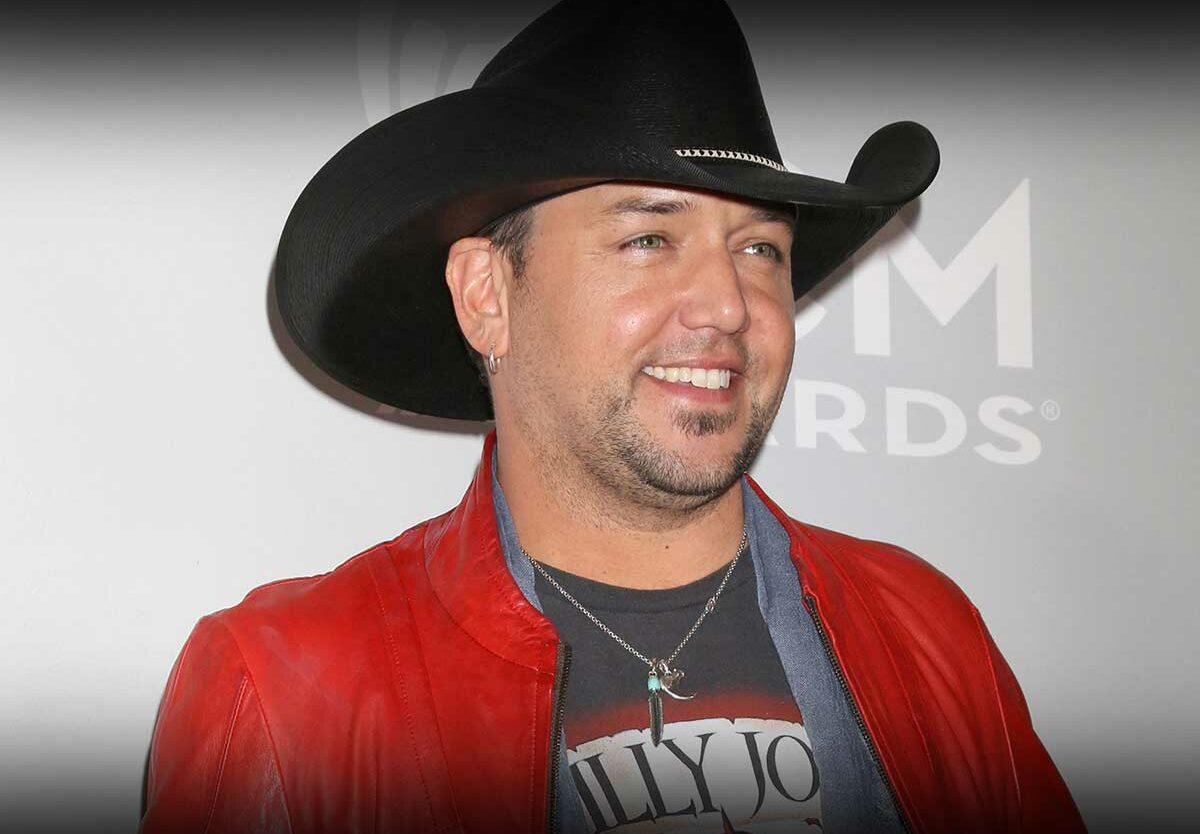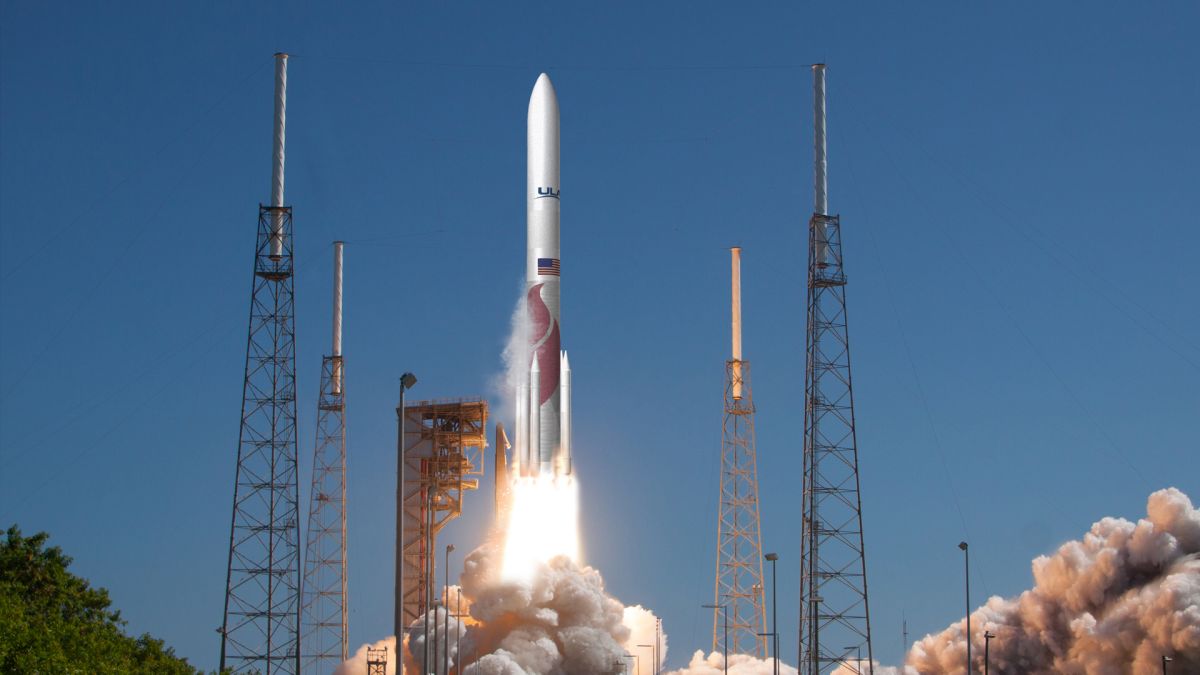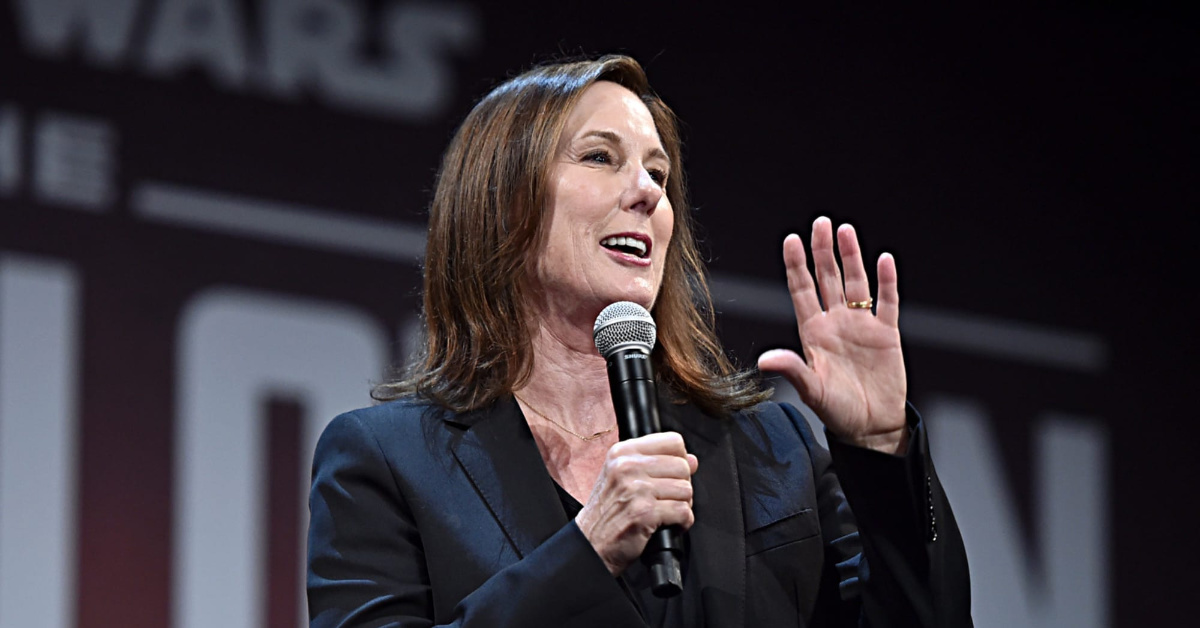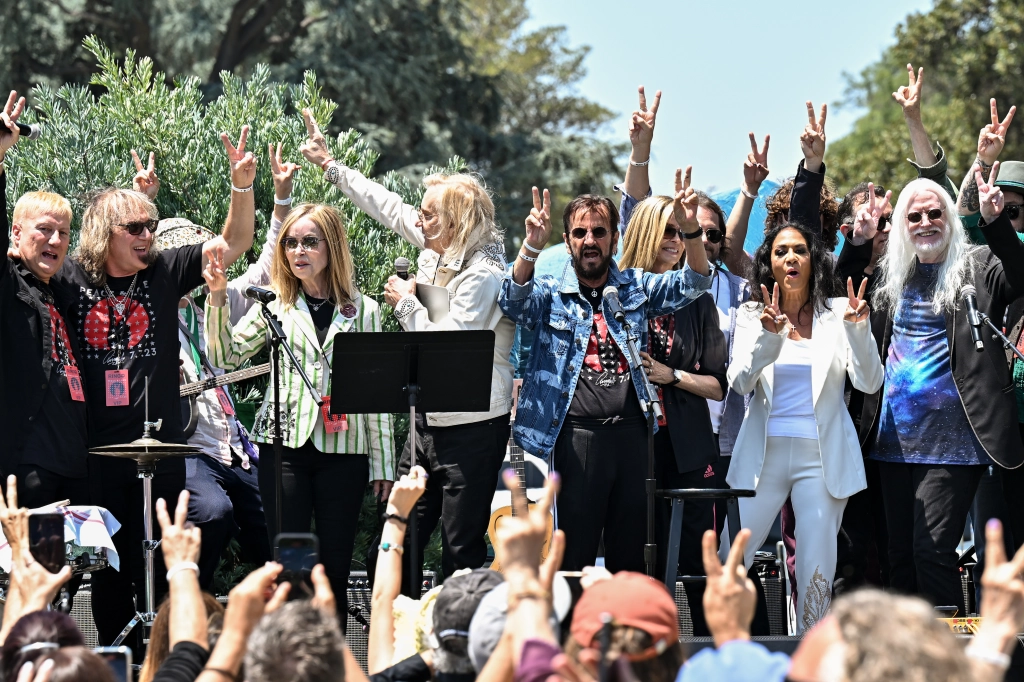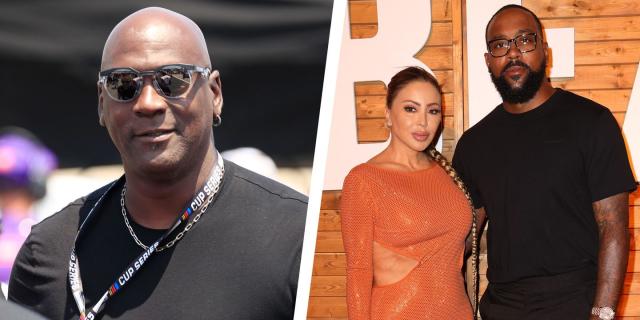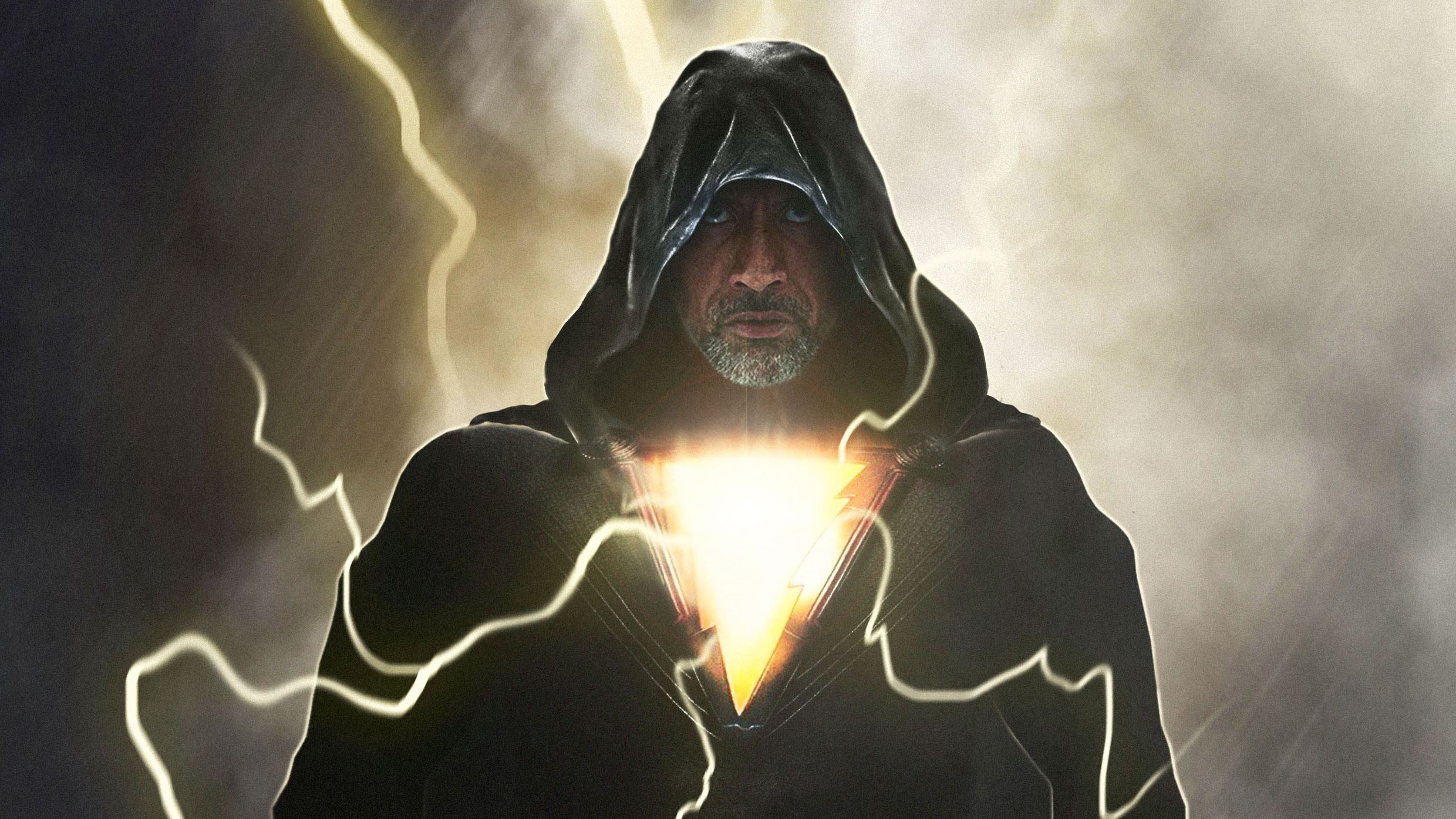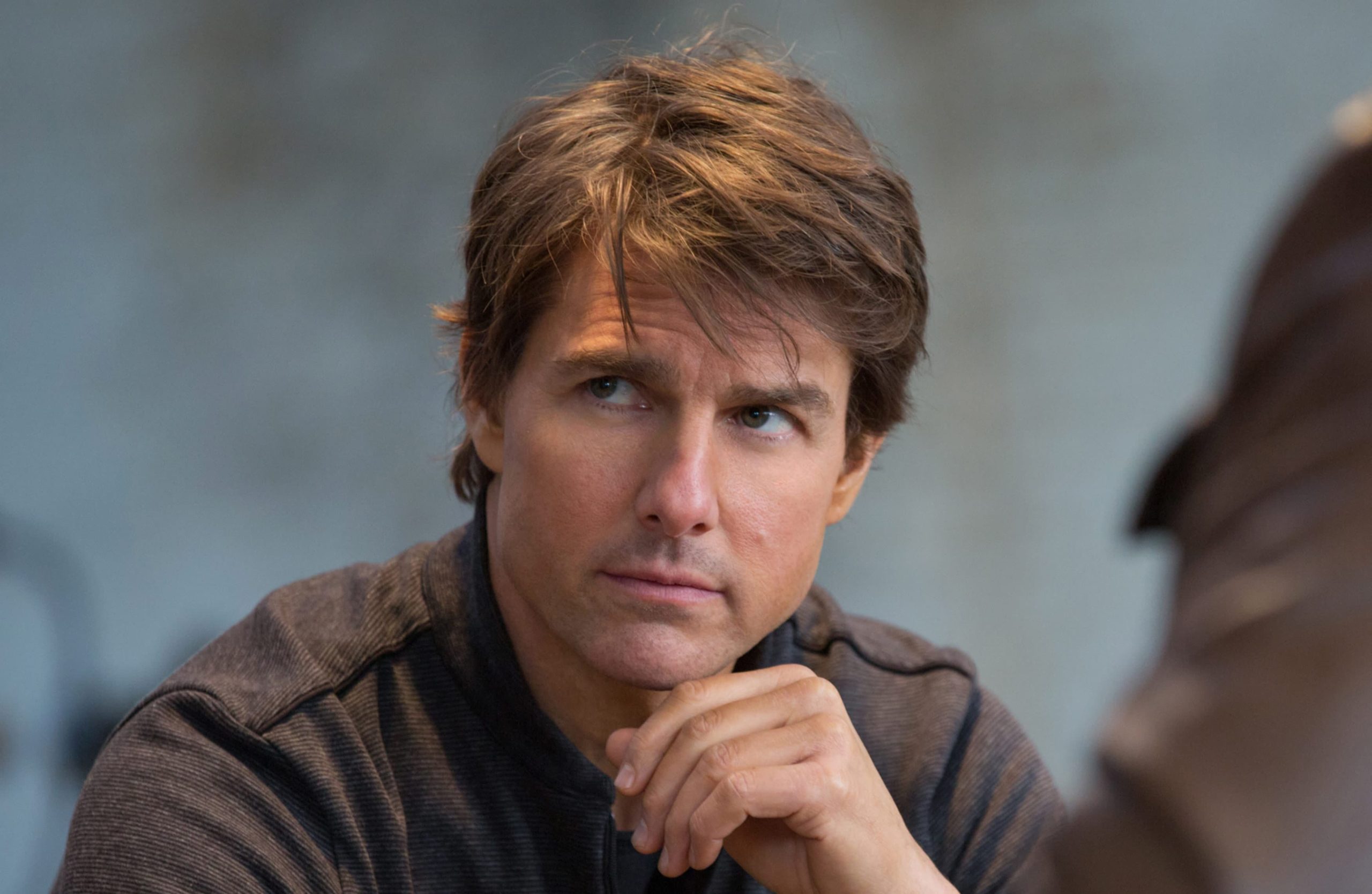Millions of Americans are content to delegate the management of their investment portfolios to professionals. However, Tesla CEO Elon Musk has voiced apprehensions that these professionals may not always prioritize the best interests of individual investors, particularly regarding the promotion of Environmental, Social, and Governance (ESG) policies. He expressed his concerns during a 2023 discussion with GOP presidential candidate Vivek Ramaswamy on X Spaces, where he criticized what he perceives as a rebranded form of communism being imposed upon corporate America without the consent of actual shareholders.
Despite Musk’s history of supporting environmental causes and Tesla’s status as a common ESG investment, he is skeptical of investment giants exerting influence. He specifically called out companies like BlackRock and Fidelity, accusing them of not making optimal decisions for shareholder value.
Musk’s concerns are shared by others, particularly Texas Republicans, who have taken actions to restrict financial corporations with ESG policies from participating in municipal bond deals and passing bills to curb ESG regulations by insurance companies and global financial firms. Musk suggests that these issues may escalate into legal disputes.
Musk sees massive ‘class-action lawsuit’ coming
Major asset managers are increasingly incorporating Environmental, Social, and Governance (ESG) factors into their investment strategies. BlackRock, Vanguard, and Fidelity, among others, have been at the forefront of this trend, emphasizing the integration of ESG considerations into their investment processes and offering a range of ESG-focused funds and products. For example, BlackRock has highlighted the importance of considering climate change impacts in investment decisions, while Vanguard has set specific goals for reducing carbon emissions and offers both index and actively managed ESG funds. Similarly, Fidelity integrates ESG factors into its investment processes and offers various ESG-focused products to investors.
Projections by PwC suggest that global asset managers are expected to significantly increase their ESG-related assets under management to $33.9 trillion by 2026. As these asset managers often hold board positions in the companies they invest in, they can also exert influence over corporate decisions.
However, Tesla CEO Elon Musk sees potential issues arising from this growing emphasis on ESG principles. He expressed concerns that major firms like BlackRock and Vanguard may be setting themselves up for significant legal challenges, suggesting that they could face the “biggest class-action lawsuit in the history of class-action lawsuits” due to potentially breaching their fiduciary duty to shareholders and not maximizing shareholder value.
An industry that’s ‘ripe for corruption’
Elon Musk’s concern regarding asset managers’ fiduciary duties centers on the relationship between these managers and their customers. However, Vivek Ramaswamy highlights a key complexity in this dynamic, noting that many of these “customers” are actually intermediaries such as pension funds or investment advisers, rather than the actual owners of the capital.
Ramaswamy argues that this distinction could complicate any potential class-action lawsuit resulting from Musk’s hypothesis. He suggests that asset managers like BlackRock and Vanguard may argue that they disclosed their investment strategies transparently to their clients, who then chose to invest, even though these clients may be managing money on behalf of others.
According to Ramaswamy, this issue stems from the intricate structure of the financial sector, where multiple layers of intermediation exist, potentially leading to corruption.
Musk agrees with this assessment, expressing concern that the average investor may be misled by these complex relationships and structures within the financial industry.











